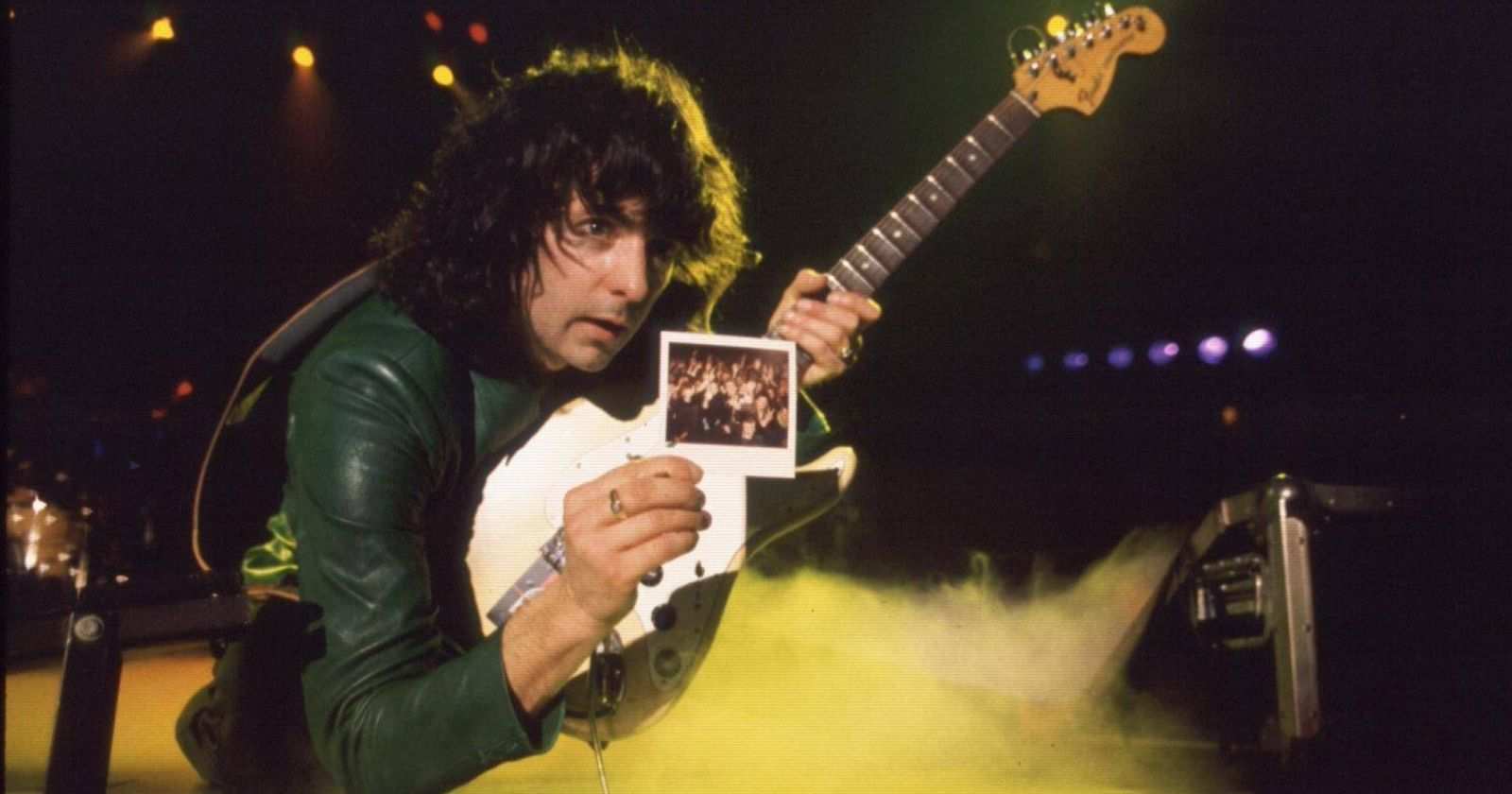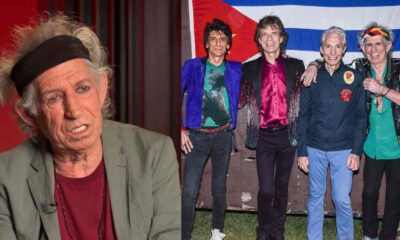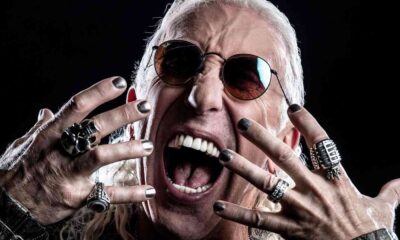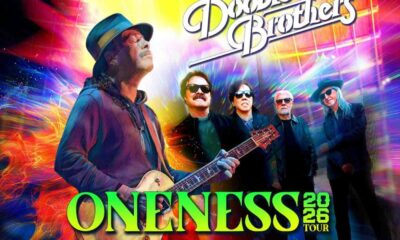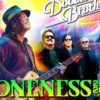ARTICLES
The singer that Ritchie Blackmore said was the best in the 70s
Just like in the 60s, Rock and Roll music also evolved in the 70s, especially taking Hard Rock music to a whole new level where many different bands from that style sold millions of albums worldwide. One of them was Deep Purple, which really became a heavier group with the release of “Deep Purple In Rock” (1970). At that time the band was formed by Ritchie Blackmore, Roger Glover, Ian Paice, Jon Lord and Ina Gillan.
That was the album that showed them which was the perfect sound for the group, resulting in other classic records like “Machine Head” (1972), which is their most famous one. During that decade the legendary guitarist Ritchie Blackmore talked a lot about his peers and even revealed who was the best singer at that moment in his opinion.
The singer that Ritchie Blackmore said was the best in the 70s
Inspired by the Blues and Rock music made in the 60s, many groups decided to increase the level and heaviness of their sound. Bands like Led Zeppelin and Jeff Beck are often mentioned as some of the most important ones to influence countless groups who would do the same later.
Two of them were Free and Bad Company, who had Paul Rodgers as their vocalist. He was the one who Ritchie Blackmore said in a conversation with Creem magazine in 1974 that was the greatest artist in music. The interview was conducted by Cameron Crowe, who later became a famous movie director. Blackmore used Rodgers as an example when he was asked what compromises he had made in Deep Purple‘s music.
“You know, singles and things. ‘Smoke On The Water’ and all that trash. There’s actually plenty of subtleties in our music. If they’re clever enough, they’ll catch them. If they don’t, that’s too bad. That’s their hard luck. I’m afraid I have no patience to explain them. Explain anything to’em. Which is a bad fault of mine. We’re not geniuses, nobody. Well, there are certain bands who are. Like, Hendrix was a genius for about three years, then he went downhill because of drugs.”
He continued:
“And I thought Cream put out some great stuff for about two years. McCartney’s doin’ it right now. And of course Paul Rodgers is the greatest artist in music today. But often people entirely miss our point. As soon as they hear anything loud, they go ‘Well, this is heavy metal rubbish.’ Yet, when they hear a folk band playin’ trash, ‘That’s nice.’ It’s all very stupid. I am a brilliant guitarist. I know I can blow any other guitarist thaws around today off the stage. It’s frustrating to know that,” Ritchie Blackmore said.
He said that Paul Rodgers is one of his heroes
Paul Rodgers is four years younger than Blackmore and started his musical career in 1968, when Deep Purple released their debut album. Answering questions from fans in 1996 for his website, Ritchie Blackmore was asked about almost working with Paul Rodgers. He first said that it wouldn’t work because he often fights with members of his band and Rodgers is good at karate.
He then said: “Paul obviously, if he is not the best singer in the business, I think of him as a hero. It’s not good to get together with a hero.”
Rodgers had a fantastic career and first achieved fame as a member of Free until they disbanded in 1973. In that same year he formed Bad Company with his ex-Free bandmate, the drummer Simon Kirke. He was a member of the group until 1982, returning from 1998 to 1999, 2001 to 2002 and from 2008 to 2019.
In the meantime of his touring and recording with Bad Company, Rodgers was a member of the supergroup The Firm which also had Jimmy Page. He also recorded and toured with Queen from 2004 to 2009.
Paul Rodgers said he was invited to join Deep Purple
After selling millions of records and becoming one of the biggest bands in the world the classic Deep Purple line-up disbanded in 1973. The vocalist Ian Gillan and the bassist Roger Glover left the band. So they ended up recruiting Glenn Hughes and David Coverdale.
However, Paul Rodgers told Houston Press in 2007 that he got a call from the band inviting him to join. But he was forming Bad Company at the time and couldn’t accept the offer.
“Free had played with Deep Purple in Australia and it was our very last show. I got along really well with keyboardist Jon Lord and we exchanged numbers. Later, I got a call to (join them). But I was forming Bad Company at the time. So it wasn’t possible,” Paul Rodgers said.


